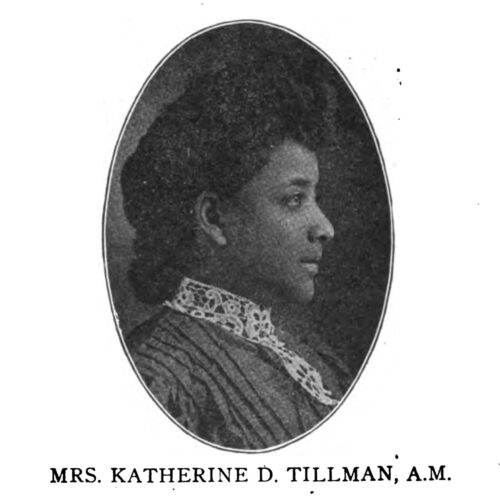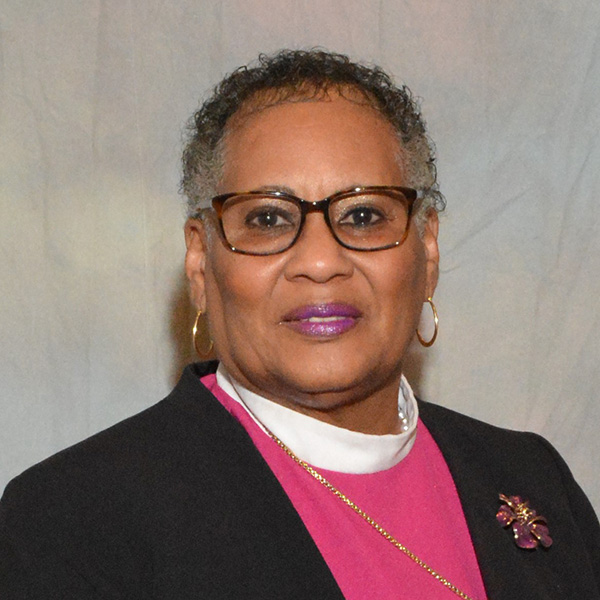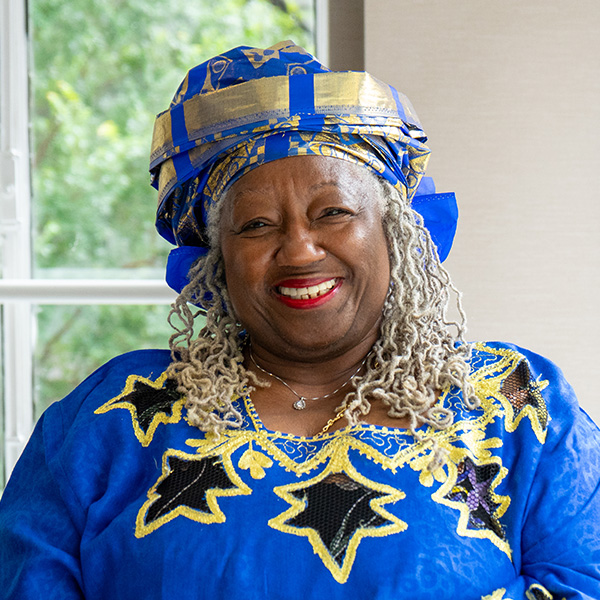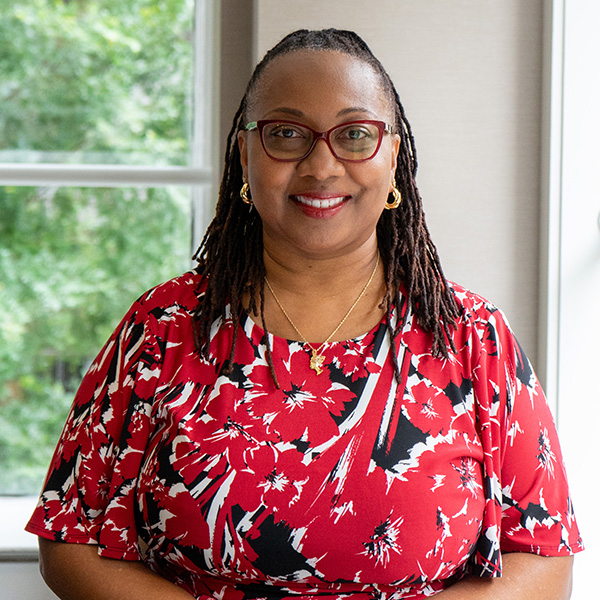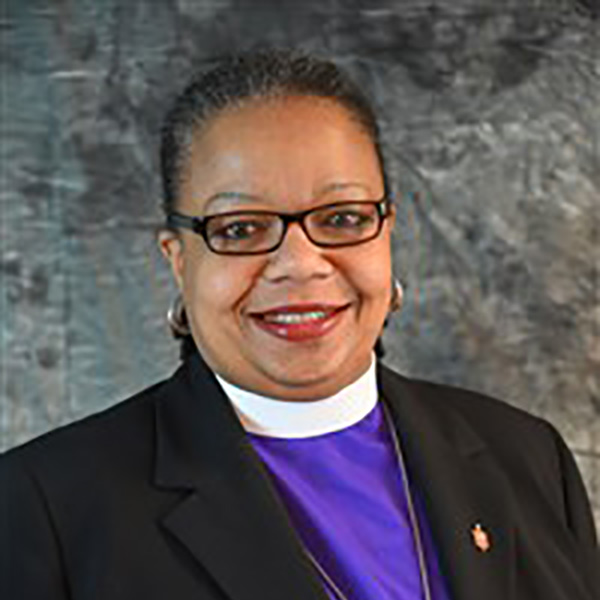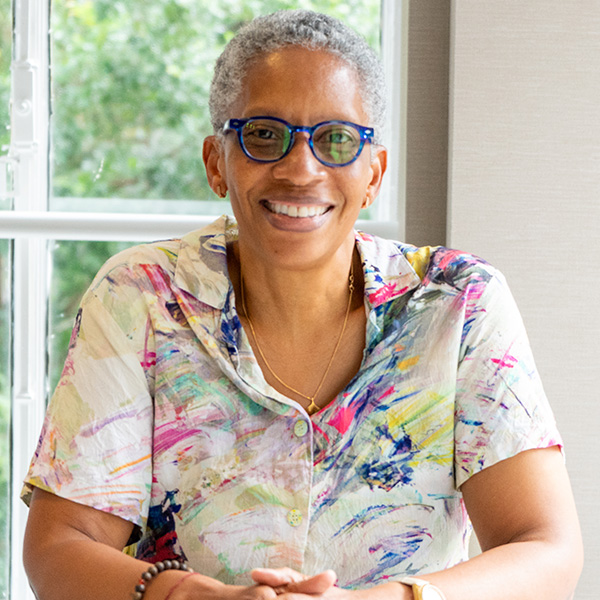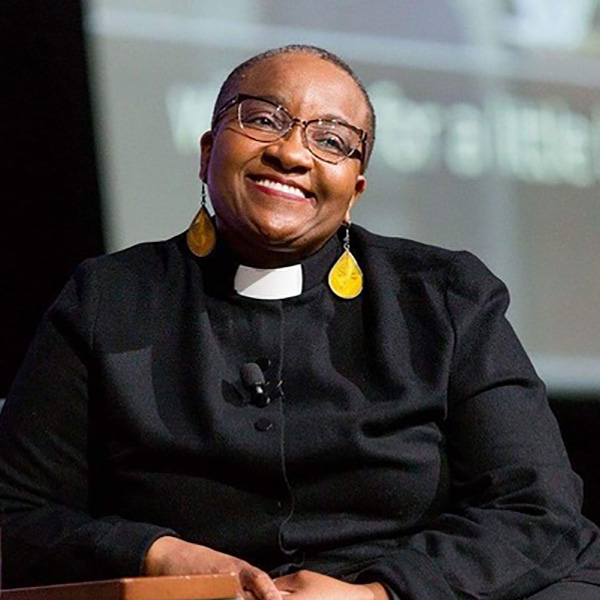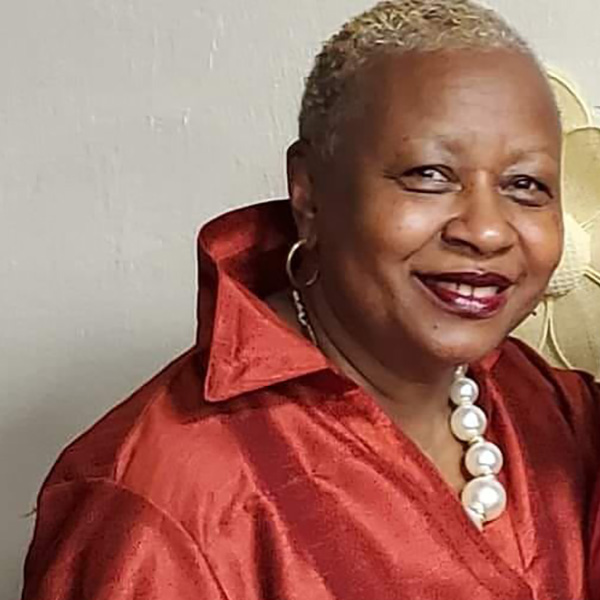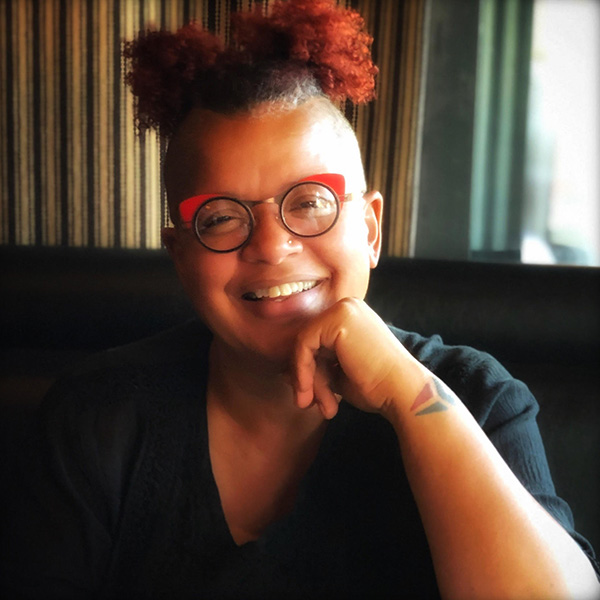Biography
Early Life
Katherine Davis Chapman Tillman was an extraordinary writer. Her plays, poetry, prose, and fiction expressed her Christian beliefs and fervent support of Black equality in the United States.
Katherine Davis was born in Mount City, Illinois, on February 19, 1870. She grew up in Yankton, South Dakota, and her early life experiences cultivated her religious beliefs that became the foundation of her life.
She moved to the Midwest to attend the State University of Louisville in Kentucky. She also attended Wilberforce University in Ohio and enhanced her writing skills.
As an avid supporter of the AME denomination, she submitted most of her work to church-affiliated publications. This included the A.M.E. Church Review journal, Christian Recorder newspaper, and the A.M.E. Book Concern.
As a result, she became a major contributor to Black literature in the late nineteenth and early twentieth centuries.
Religious Leadership
In 1895, she married AME pastor George M. Tillman, a well-prepared religious scholar who also studied at Wilberforce University.
Though little is known about the couple, they settled for a time in Columbia, Missouri, as the leaders of St. Paul’s AME Church.
The Centennial Encyclopedia of the AME Church (1916) recorded that “Dr. Tillman is an earnest, aggressive pastor, and now has a wife, Mrs. Katherine D. Tillman…[who] takes a deep interest in his work and plans.”
The entry went on the note that she was “a great lover of the missionary work and was elected president of the conference branch at their last session in St. Joseph.”
In addition to her leadership roles in the AME church, Tillman contributed to Black women’s organizations like the National Association of Colored Women where she was elected Chair of the Ways and Means executive committee.
Religious Activism with Literature
Tillman believed that respectable moral and religious norms would help gain Black equality and full citizenship rights.
Tillman posited in Afro-American Women and Their Work, that “We [Black women] owe it to God and to the Negro race, to be as perfect specimens of Christian womanhood as we are capable of being.”
Her writings often expressed her Christian beliefs and promoted Black economic and social progress in the United States. Several of her most famous publications include her book of poetry Recitations (1902), “Afro-American Poets and Their Verse” (1898), “Paying Professions for Colored Girls” (1907), Clancy Street (1899), and “The Spirit of Allen: A Pageant of African Methodism” (1922). [Are the italicized quoted titles books or articles?]
The date of her death remains unknown, but the impact of her contributions to the Black literary tradition continues to reach new generations.
Tillman’s “The Highest Life” published in the Christian Recorder on November 8, 1900, embodies her spirit and dedication to espousing her faith in her mission work, philanthropy, and writings. The first verse (below) truly speaks to her legacy.
To will, to do, to work, to strive
To be supremely strong,
To highest things to be alive
And turn unscathed from wrong;
To love the good that God has made
In earth and air and sky,
To do while here our little part,
And after that to die.
